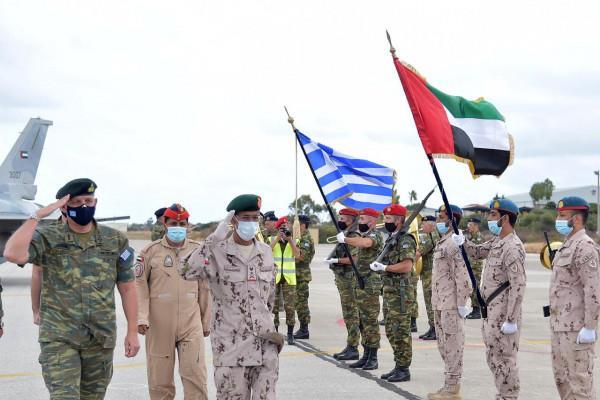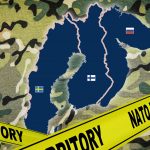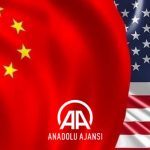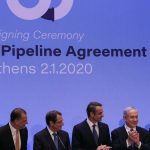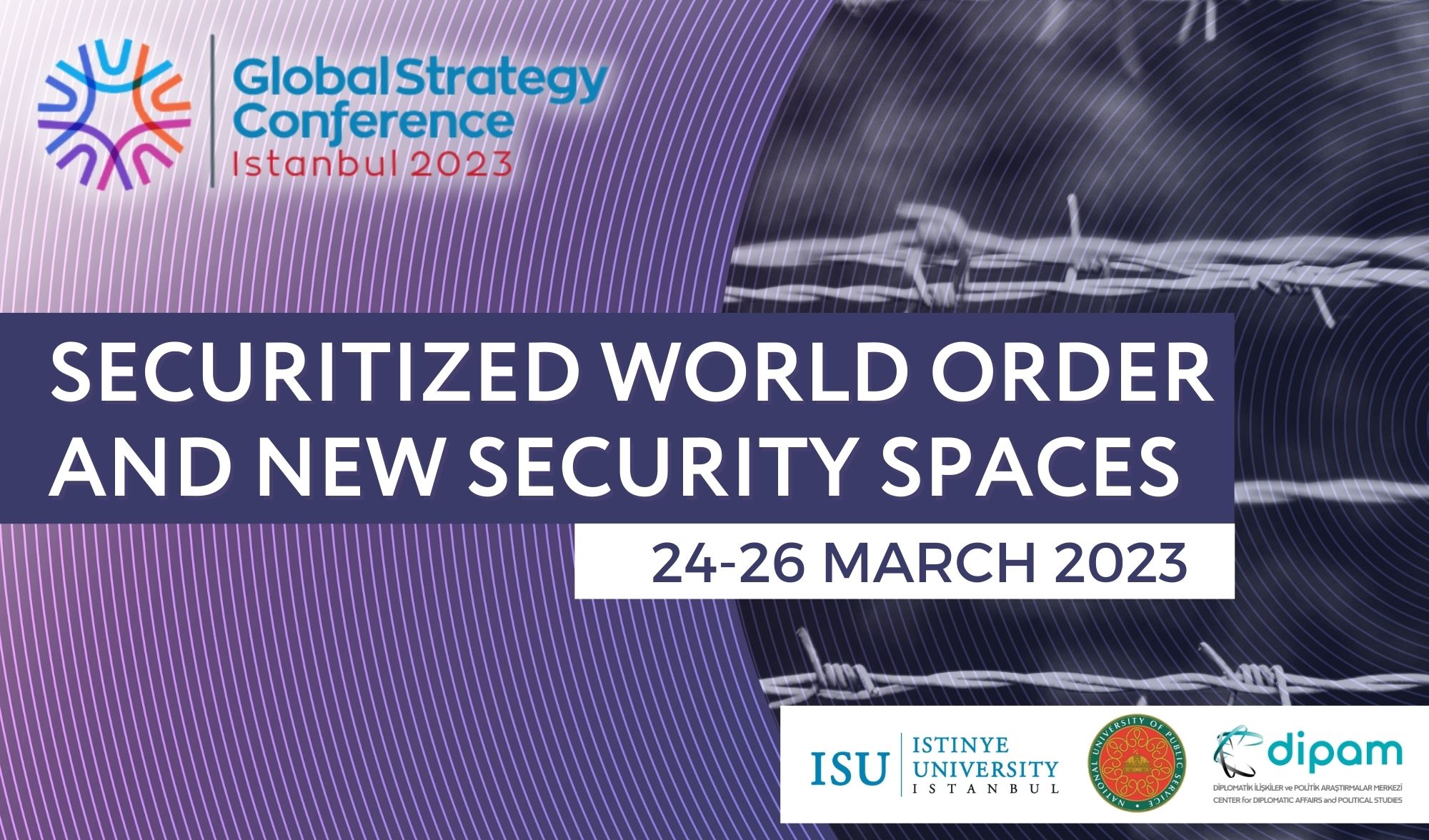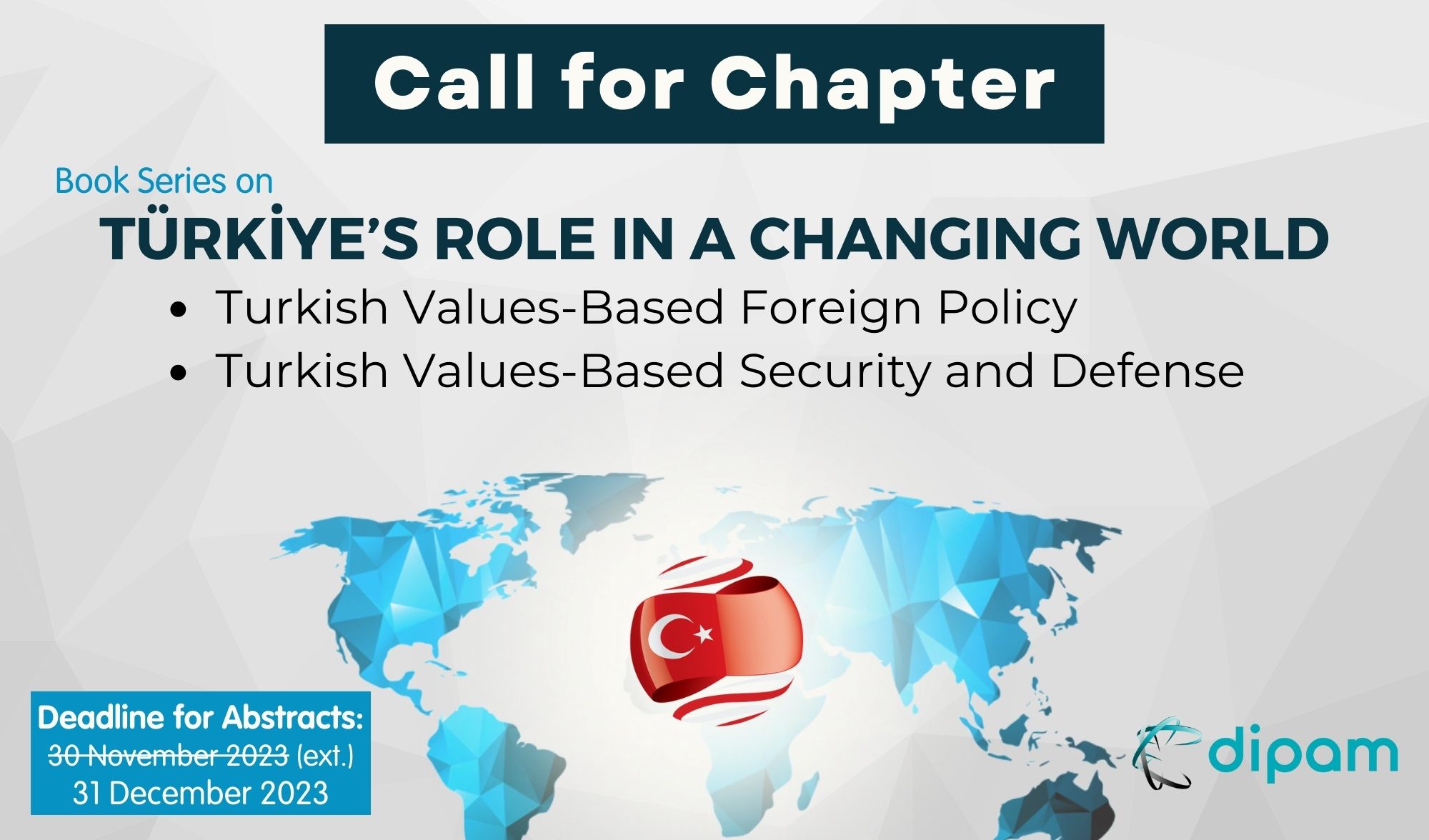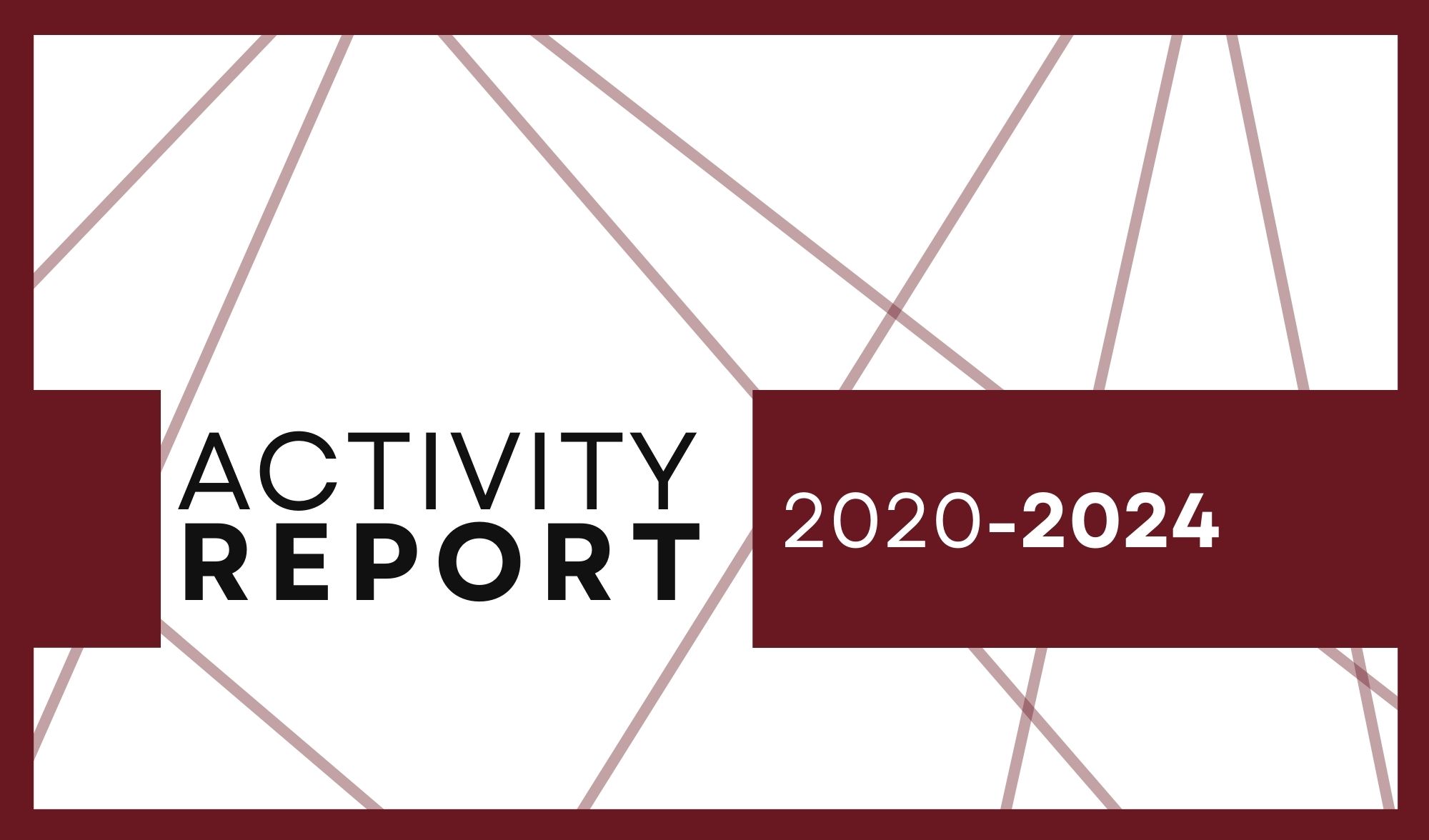Although coastal countries of the region and great powers are always the focus of the discussions, the importance of the power projection and rivalry in the Gulf in shaping the Eastern Mediterranean geopolitics cannot be denied.
The 2011 Arab Spring uprisings became the basis for the shocking transformation of the ongoing politics in Tunisia, Egypt, Libya and Syria, whose stability was damaged. The political turmoil surrounding these states on the Mediterranean coast has created both threats and opportunities for the rich and ambitious states of the Arabian Peninsula, Qatar, United Arab Emirates (UAE), and Saudi Arabia (KSA). Combining economic aid, political support, and occasional military aid, the accessions shaped the struggle over what are acceptable roles in Arab politics. This rivalry based on ideology, which has become a matter of influence and security, has become a part of the existence struggles of the Gulf states in different geographies.
While this rivalry in the Gulf continued in the arenas of the Middle East, the Mediterranean became an important stage. The roles of United Arab Emirates and Saudi Arabia with Qatar and Turkey, which are at different poles in regional politics, basically influenced the Eastern Mediterranean geopolitics within this political contrast. Especially the intention of the USA to reduce its power in the Middle East geography has also fueled the regional power rivalry. The position of Turkey, which is politically opposed to the UAE and Saudi Arabia, in this rivalry has pushed the Gulf duple to take harsh measures.
While the interest of the Gulf monarchies in the Eastern Mediterranean has increased steadily, with this rivalry approaching the heart of Europe, Europe has increasingly been drawn into many conflicts in the Middle East and North Africa. The reflection of the power struggle of the Gulf states to the Eastern Mediterranean negatively affects the issues such as regional ownership / sovereignty rights dispute, active conflict areas and economic issues, which are already quite complicated for the regional states and great powers.
The Eastern Mediterranean is a part of the sea corridors connecting Europe to the Red Sea and the Indian Ocean and is therefore very important for global trade and energy routes. The UAE’s maritime interests in the Mediterranean over the past decade reflect this idea, as Dubai Ports World operates ports in Southern Cyprus, France and Algeria and acquired a Spanish port operator. Gaining influence and leverage in a region so close to Europe’s economic and security interests is one way the Gulf countries can secure useful political capital and relevance. In addition, the UAE’s support for an Eastern Mediterranean pipeline that could economically harm Qatar also ensures that it adapts to the policies of Southern Cyprus, Greece and France.
Gulf Presence in Eastern Mediterranean Countries
This rivalry, which started with Egypt and continued with Syria and Libya, had some breaking points. Rivalry in the Eastern Mediterranean was first experienced in Egypt during and after the 2011 revolution. Qatar supported Mohammed Morsi, who was removed from the presidency in the 2013 military coup encouraged by KSA and the UAE. After the coup, Qatar lost its significant influence in Egypt. Egypt’s trade with the UAE grew almost 5 times between 2010 and 2018, while its trade with Qatar declined rapidly. Egypt also supported the Saudi and Emirate’s embargo on Qatar in 2017, but the need to maintain present significant economic ties (investment and worker availability) with Qatar and to cooperate with Doha on Gaza issue forced Egypt to maintain pragmatic relations with Doha. Egypt has not yet been able to achieve the balance it desires in the establishment of bilateral relations and policy development in the Eastern Mediterranean and is the port of the Mediterranean policies of the UAE and Saudi Arabia.
Libya maintains its importance as one of the active rivalry points in the region. In 2011, the UAE and Qatar, led by NATO and the Arab League, intervened in Libya to overthrow Colonel Muammar Gaddafi. But with the internal division that started in 2014, they started to support different poles. The UAE provided military support and financial assistance to General Khalifa Haftar with the support of Egypt. On the contrary, Turkey and Qatar supported the Libyan Government of National Accord (GNA) in Tripoli, which was recognized by the United Nations. Haftar’s attack on Tripoli in 2019 triggered the increase in Turkey’s military support to the GNA.
The UAE met Russia on the basis of Haftar support in Libya, but cooperation with Moscow in Libya, including the financing of the Russian Wagner Group, has its own problems. Some negotiations between Russia and Turkey on Libya have created frictions with the UAE. In addition, the UAE’s military cooperation with Russia is increasingly worrying the United States, which is currently closer to a pro-Turkish position in Libya, and in particular, the new US administration can prevent the UAE from continuing its arms embargo violations to strengthen Russia’s position in the region. Since Haftar is not likely to take power in Libya, detected issues like the territorial integrity of Libya and the priorities of opposing the Russian influence in Libya make relations with the UAE and Europe difficult, in parallel with the US.
Saudi Arabia and UAE condemned Turkey’s Olive Branch military operations in 2018 and Peace Spring military operations in 2019. The Emirates and Saudis used methods of increasing their coordination at the military level, providing financial aid and supplies to strengthen their relations with the YPG and SDF, which pose a threat to Turkey in Northern Syria. Under the pretext of coronavirus-linked humanitarian diplomacy, the UAE has attempted to re-engage with Bashar Assad to strengthen its ability to resist growing Turkish influence in the north of the country, even though it is allegedly absent in Syria as of 2017. These relations, which are developed despite the Caesar Law, which targets countries and companies that have relations with the Syrian regime or want to develop relations with, have the potential to strain relations between UAE with the American administration, as in Libya.
The impact of US policies in the region on these relations should not be ignored. An important reason for the more active regional policy that the UAE decided to adopt at the beginning of the decade was Abu Dhabi’s perception that the Obama administration was not concerned with the stability of pro-Western governments in the region and could no longer trust it because it was working for a compromise with Tehran. The May and June 2019 events in the Gulf of Oman and the Strait of Hormuz showed Abu Dhabi how vulnerable the Emirati economy is and how aggressive the Iranian administration can be against its US allies. The Trump administration’s lack of will to conduct military action against Iran and the large commercial agreements it made with Qatar opened the door to a different development in the region.
As an important step to develop its relations with the US as well as strategic partnerships for gaining power in the region, the UAE (and then Bahrain) took a step of normalization with Israel. This normalization process, known as the Abraham Accords, which relieves regional policies of Israel, which is an important player in the Eastern Mediterranean security, was evaluated as a strategic move to spread to the Gulf countries. As a matter of fact, the UAE, which was founded in 1971, two years before the fourth and last Arab-Israeli war (1973), never fought directly with Israel and has no common borders with the Israeli state, unlike Egypt and Saudi Arabia. Therefore, Abu Dhabi looks at the Arab-Israeli problem through the eyes of strategy, not through the eyes of history. It can be seen from the high amount of promises and agreements that this normalization has economic as well as political effects. It is remarkable that new channel / road projects between the Red Sea and the Mediterranean, which will constitute an alternative to the Suez Canal, are planned despite Egypt. In addition, the complicated and unresolved situation of Turkey-Israel relations, which coincided with the same period, can be interpreted as one of the factors for the UAE’s rapprochement with Israel.
On the European coast of the Eastern Mediterranean, Greece and Southern Cyprus have deepened relations with sea neighbor Egypt which is the policy-driven by the UAE, Saudi Arabia and others. Although Greece, KSA and UAE does not share the same geographical and philosophical realities, the three countries share their cautiousness of Turkish foreign policy in their backyards and seek closer security ties. In addition to the military exercises MEDUSA and INIOCHOS, which started in 2017 and are held annually with the participation of Greece, Southern Cyprus, France, Egypt and the UAE, the deployment of aircraft in the Greek bases of the UAE and KSA can be considered as the basis of security ties. However, following the alleged Iranian attacks on Saudi Aramco facilities in 2019, Greece agreed to deploy the Patriot air defense systems with 130 soldiers on Saudi soil. Greece, Southern Cyprus and UAE continue to seek harmony and mobility in Eastern Mediterranean policies with tripartite summits, or diplomatic meetings such as the Sir Bani Mourning Forum, Philia Forum, and Paphos Summit attended by Egypt, Saudi Arabia and Israel. The Eastern Mediterranean Gas Forum, which brings Greece, Cyprus, Egypt, Israel, Jordan, Palestine, Italy and France together, with the UAE’s controversial status and influence, is an organization that creates debates on energy production and transportation in the region.
Effort to Take Place in the Eastern Mediterranean Energy Chess
The EastMed natural gas pipeline, which is one of the cornerstones of the energy issue, which is the apparent conflict in the Eastern Mediterranean issue, has also become a struggle for influence for the UAE. UAE has become one of the most vocal supporters of the EastMed agreement that, if the agreement is fully implemented, Qatar, which has Liquefied Natural Gas (LNG) as the basis of its wealth, may lose half of the European market, which has an important place in its exports, and may go into economic contraction, also reducing the importance of the Trans Anatolian Natural Gas Pipeline (TANAP) and can develop this momentum to strengthen the anti-Turkish alliance by influencing the strategic assets of Turkey. The COVID-19 pandemic and the decreasing of energy prices both reduced liquidity and made EastMed pipeline and gas less attractive than before. On the other hand, the project is an important opportunity to break Turkey’s political and Qatar’s economic influence and capabilities and to gain Western stakeholders.
Europe is very voluntary in taking over the gendarmerie of the Eastern Mediterranean against Turkey’s policies. They also welcome the natural gas supply, which reduces their dependence on Russia and pipelines passing through Turkey. However, institutionalized partnerships (such as NATO, EU) and binding agreements (such as immigration agreement) limit policies and actions against Turkey, especially in the region. On the other hand, among the EU countries, France has become the most visible country that criticizes Turkey’s foreign policy in the Eastern Mediterranean and supports Greece and Southern Cyprus against Ankara’s ambitions in the Mediterranean. In particular, France’s big energy company Total SA acquired significant exploration rights in its agreements with Southern Cyprus, and Paris showed that it would not hesitate to deploy important military assets in the region to deter Turkey. This situation ensured the strengthening of the Emirate’s cooperation with France, which was established in Libya on the basis of support to Haftar, against Turkey. Similarly, with the same motives, the Greece-claimed Seville Map, which shows the maritime borders and presented as the basis for energy exploration activities, and the sea border determination agreements it made with Southern Cyprus and Egypt were similarly accepted and supported by Abu Dhabi.
Experienced Saud, Exciting Emirate
The most important constants of security policies in the Gulf are the alliance of the USA, UAE and Saudi Arabia. Both states have been in alliance with the United States for decades. Considering that it is impossible to develop new policies and relations without an ongoing alliance with the United States, the UAE remained loyal to the alliance even after blurred relations with dissatisfaction on Washington’s policy approach to the Arab Spring and Iran. Saudi Arabia and the UAE are the most important allies in the region. The Emirati administration worried that it could use Saudi Arabia’s proportional size (Saudi Arabia’s more than 30 million inhabitants, higher oil reserves, and numerically larger armed forces) to establish a hegemonic power in the Gulf. However, the UAE acted as a junior partner of Saudi Arabia between 1971 and the 1990s and adapted to the policies of its stronger neighbor.
The active policy it followed after the 2011 Arab Spring uprisings showed that the UAE will not act as a minor partner from this date. We can also see the issues led by the Abu Dhabi administration in the joint foreign policy projects between the two countries. In fact, the UAE, which determines rivalry areas with powers such as Egypt, Iran and Turkey in the Middle East and its regions of influence, and follows a policy in this framework, has placed its presence in the Eastern Mediterranean at the center of power.
Abu Dhabi and Riyadh have chosen to use the Eastern Mediterranean as an area where they can build up power. They built their relations with almost all Eastern Mediterranean countries on this fact. The concern that the rivalry in the Gulf becomes a struggle for existence has fed the strategy of reducing the power of the rival, and cooperations and investments have been made especially to reduce the opportunities of Qatar and Turkey in the region. It is too early to define the potential of normalization of relations to transform into mutual benefit and to direct the projection of power to the real problems of the region.
This “Analysis” article was published in Turkish in the May 2021 issue of C4Defence magazine.
